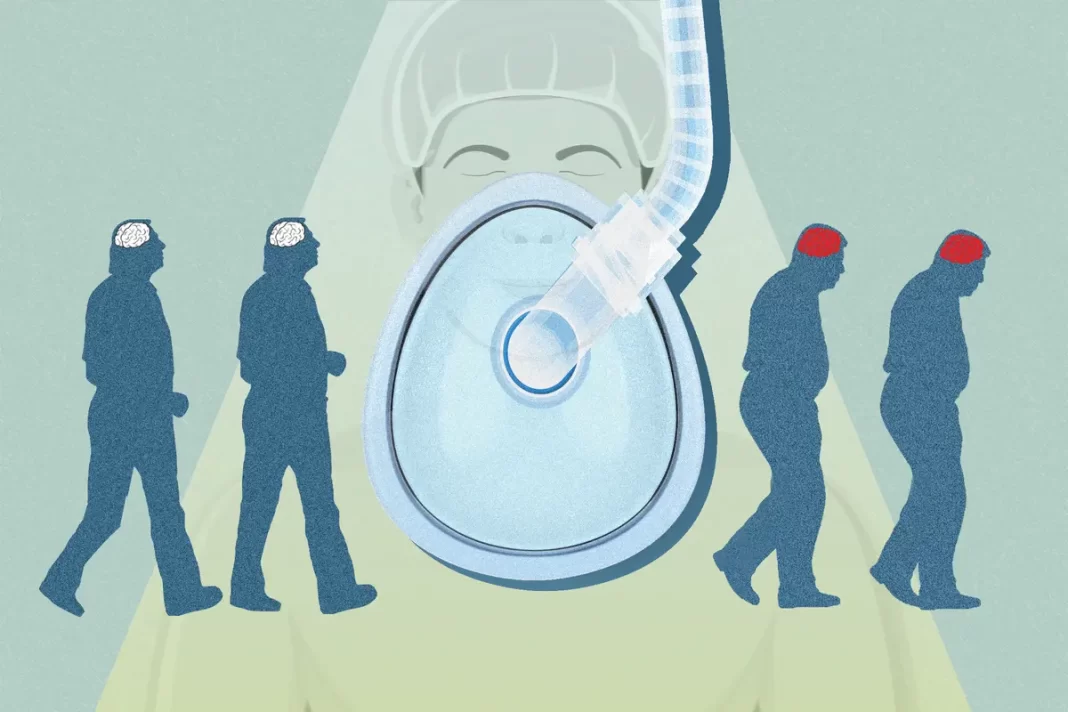Surgery is linked to cognitive decline and changes in personality and behavior among a significant number of older Americans.
If you’re over 65, there’s a significant risk you will wake up from surgery as a slightly different person. Studies indicate at least a quarter and possibly up to half of this population suffer from postoperative delirium—a serious medical condition that causes sudden changes in thinking and behavior.
It is unclear whether the stress and trauma of surgery are more to blame or the lingering effects of anesthesia, but researchers have found several risk factors that can help identify who is more likely to suffer this condition.
Delirium is the most common complication of surgery. Until recently, it wasn’t taken very seriously. But researchers believe it can often be avoided—and warrants more study—given its link to long-term and permanent neuropsychotic problems.
A Growing Concern
Delirium can easily be mistaken for a number of primary psychiatric disorders because its symptoms are also present in conditions such as dementia, depression, and psychosis. Symptoms may also fluctuate by patient and over time.
A JAMA review noted that up to 65 percent of patients who are 65 and older experience delirium after noncardiac surgery and 10 percent develop long-term cognitive decline. Delirium can lead to longer hospitalization, more days with mechanical ventilation, and functional decline. Even after discharge, functional and psychological health can worsen with increased risks of progressive cognitive decline, dementia, and death.
Postoperative delirium was associated with a 40 percent acceleration in cognitive decline among 560 elderly patients who were monitored for 72 months following elective surgery, according to a study published earlier this year in JAMA Internal Medicine.
The Global Council on Brain Health warned that delirium should be recognized as a medical emergency. In its 2020 report on preserving brain health during illness or surgery, the report notes that delirium and related complications cost an estimated $164 billion every year in the United States.
However, few people are familiar with delirium or know that it is preventable.
By Amy Denney
















































